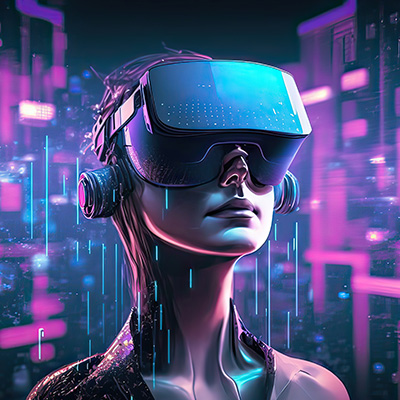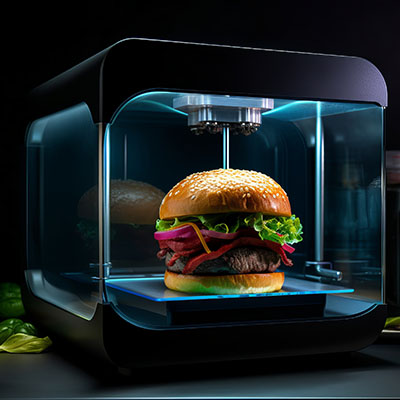These days, it feels like things change quickly and without warning, but there are certainly still some parts of the holiday season that retain some of the good, old-fashioned traditions of yesteryear. While the holiday season is more commercialized than ever, technology has made it more viable to spend these times of laughter, leisure, and cheer with loved ones, even if you’re far apart physically.
AI might feel like a technology perfectly at home in the world of science fiction, but the truth is that most of its uses are not nearly as interesting or fun. Take, for example, Operation Green Light, an initiative from Google that aims to better society through examining AI for traffic control and its impact on the environment.
Technology is constantly evolving and shaping the way we do business. From artificial intelligence to virtual reality, these advancements have the potential to revolutionize industries and drive success. However, not all technologies are met with open arms. In fact, some technologies are met with controversy and skepticism. In this article, we will explore some of the most controversial business technologies and the impact they have on the market.
“If a craftsman wants to do good work, he must first sharpen his tools.” Like so many of the other quotes attributed to Confucious, this phrase is no less true today, even in the realm of business technology. It should come as no surprise that implementing the right technology for your particular business needs will produce greater results. The real question is how to identify the technology that will contribute to the overall success of your organization.
Information technology has made incredible strides over a relatively short period of time with many different technologies being innovative and used for a vast variety of purposes. One section of technology that has been growing fast is the Internet of Things. This is because more devices are fueling more applications in our society. In this week’s blog, we take a look at how the Internet of Things has started to grow up and what it means for businesses in the future.
From its very beginnings, technology’s purpose has been to advance and supplement our capabilities. Today, there are examples of tech fulfilling that role in everything from agriculture to manufacturing and everything in between. The advancement of 3D-printing is just one of the many, many ways that this trend of technology simplifying our basic needs has recently shown its value. Let’s discuss how the development of 3D-printed food could benefit the human race in various ways.
Technology has done some incredible things, especially in the past couple of decades, so it’s wild to imagine that someday, innovative new tools like ChatGPT will no longer be as cutting-edge as they might seem today. The reason is simple: most technologies today were once world-shattering and innovative, but with time they have become normalized.
Since it was—somewhat by necessity—implemented by many businesses a few years ago, many of these same businesses have been quick to abandon remote and hybrid approaches to work. If you are considering this return, we implore you to reconsider—in fact, we’d urge you to lean into further expanding the capabilities of remote and hybrid workers.
The more you seek to understand your business, the better you are going to be able to run it efficiently. No, this was not Confucius, although it sounds similar to something he would get behind. The more efficient a business becomes the less it will spend. How does this work? Today, we’ll unpack what it takes to cut your costs without hurting your business.
For every technology that we use daily, there was once a time when it was brand-spanking-new. Think about when the Internet first became commonplace. People had questions that were seemingly endless, and even computers and electricity were once novel concepts. Let’s think about some more modern inventions that might someday be just as commonplace as some of the tools we use in our daily lives.










